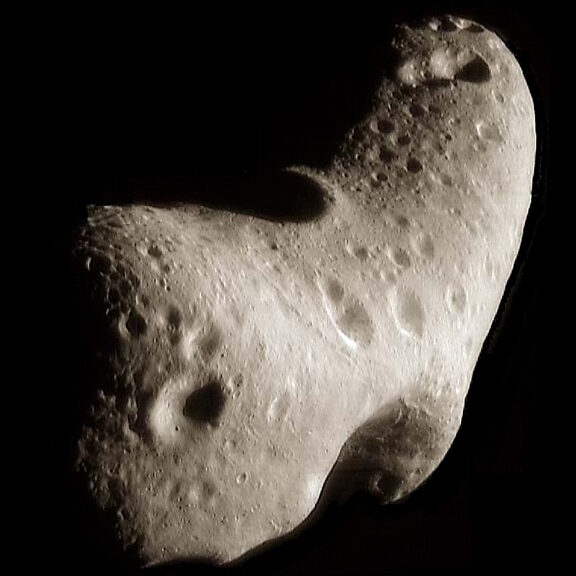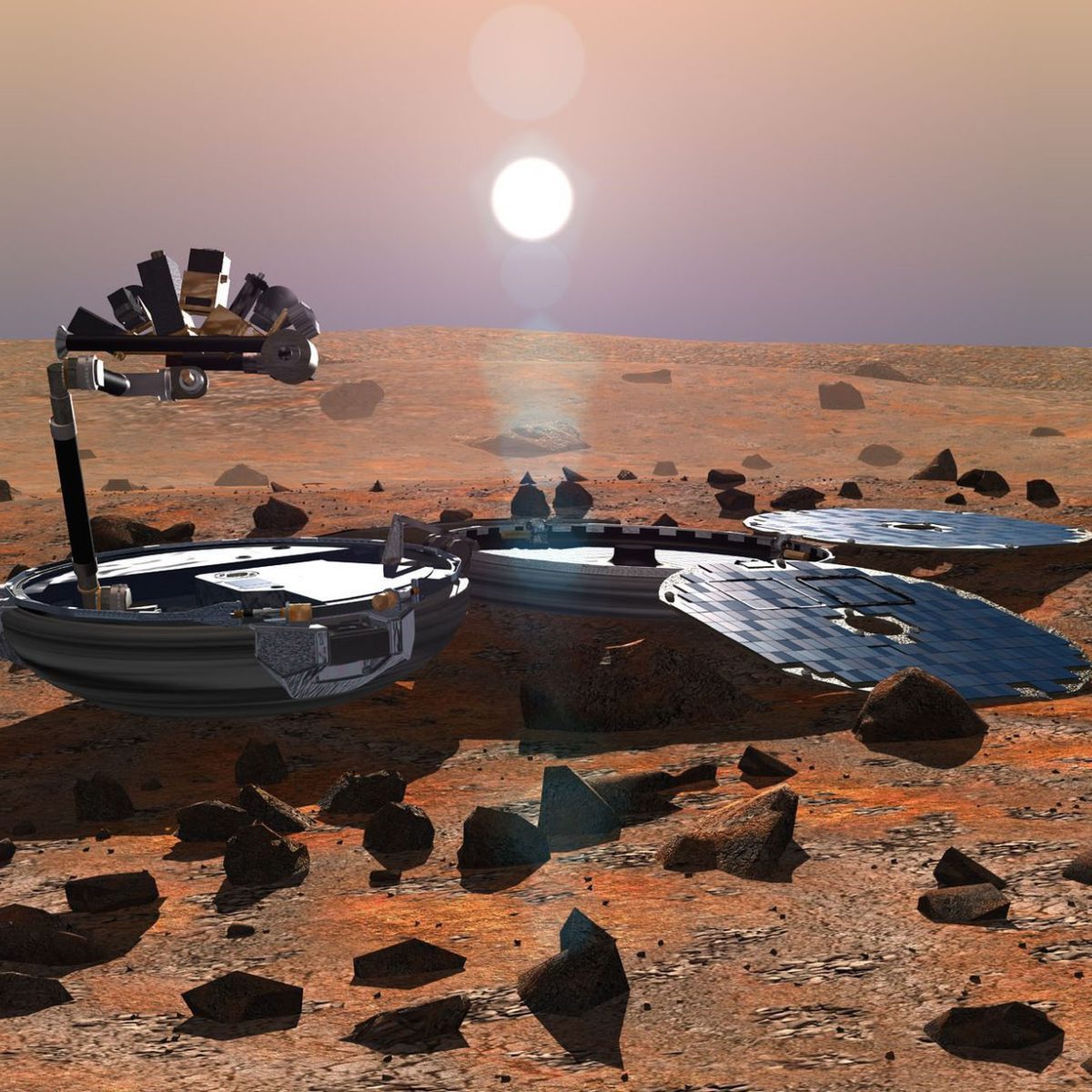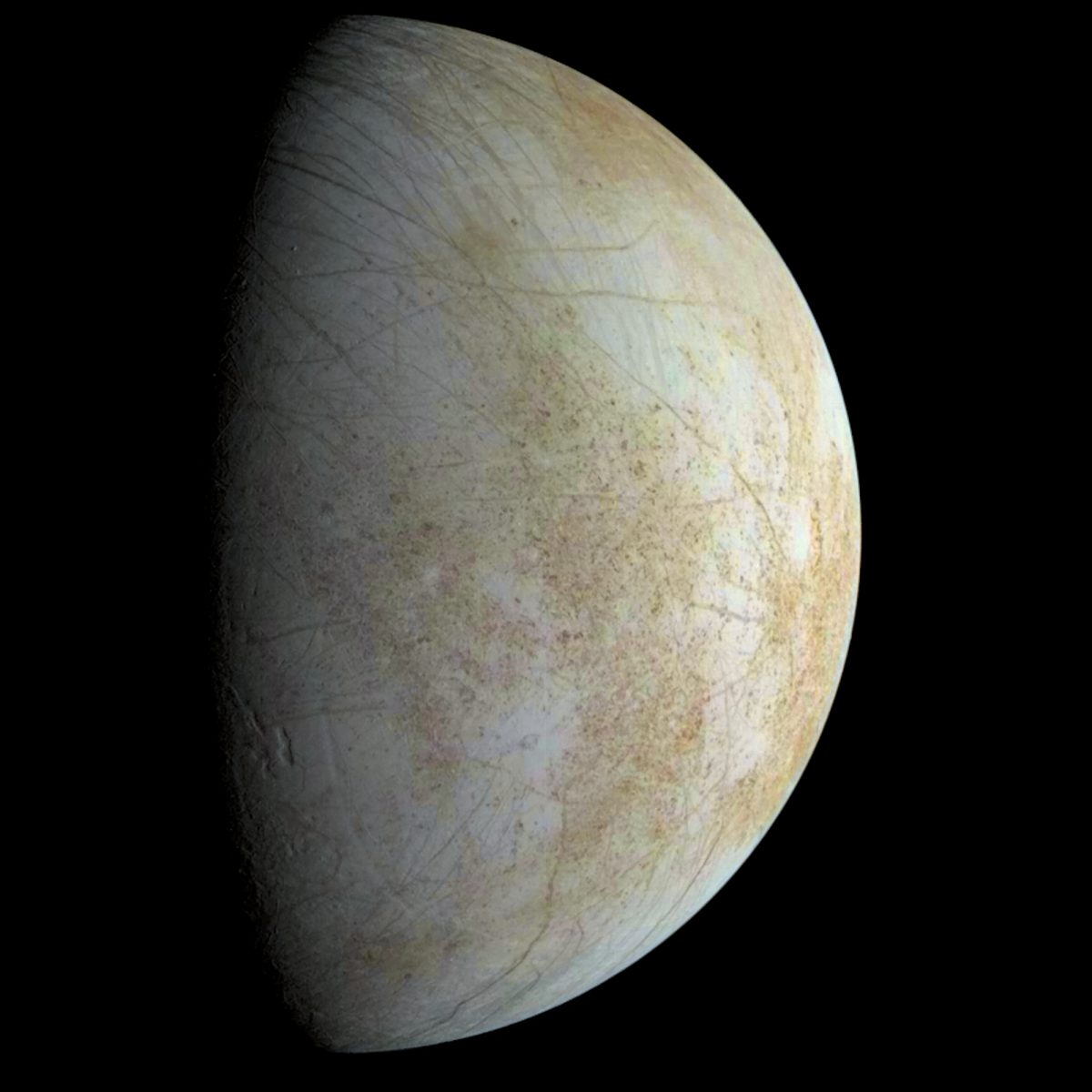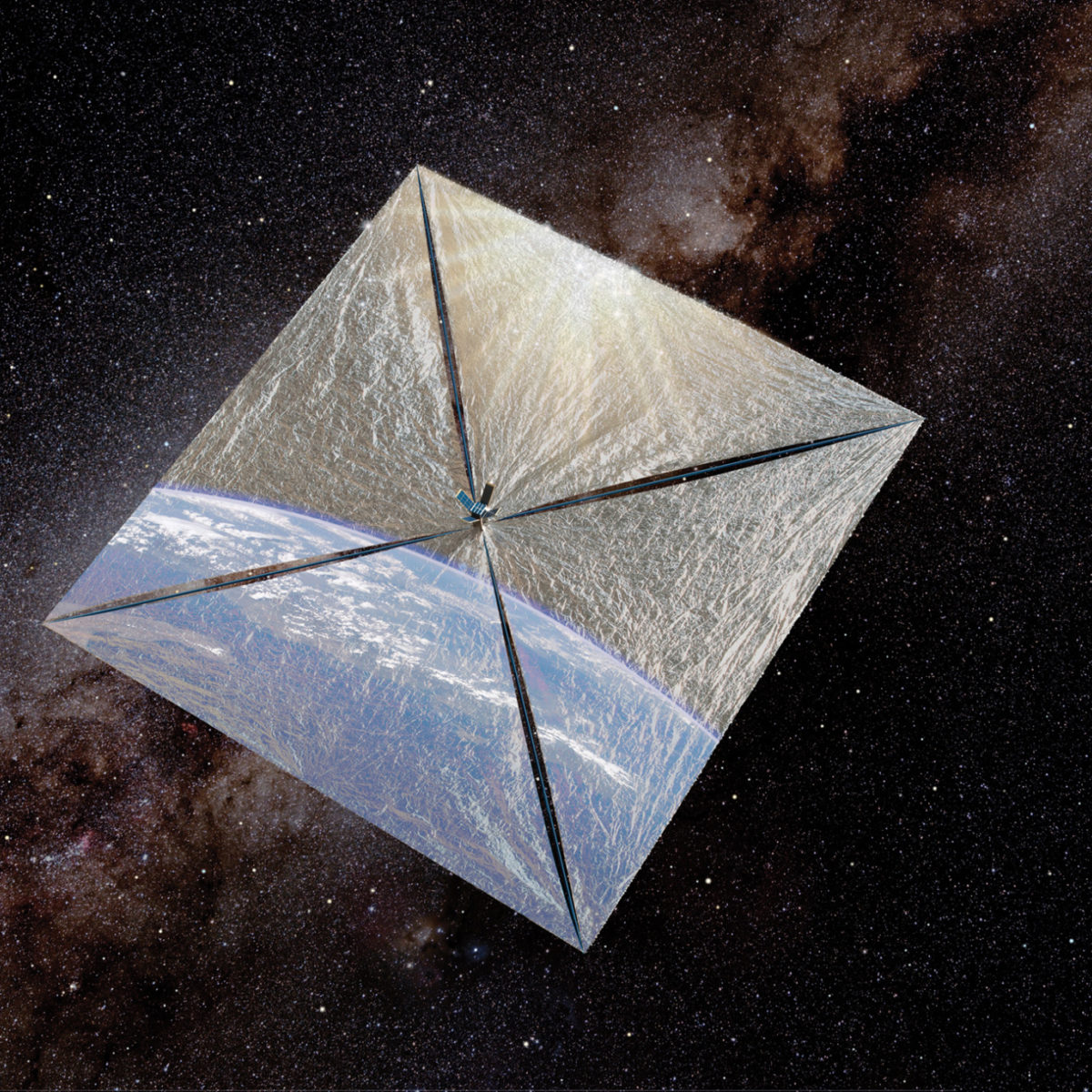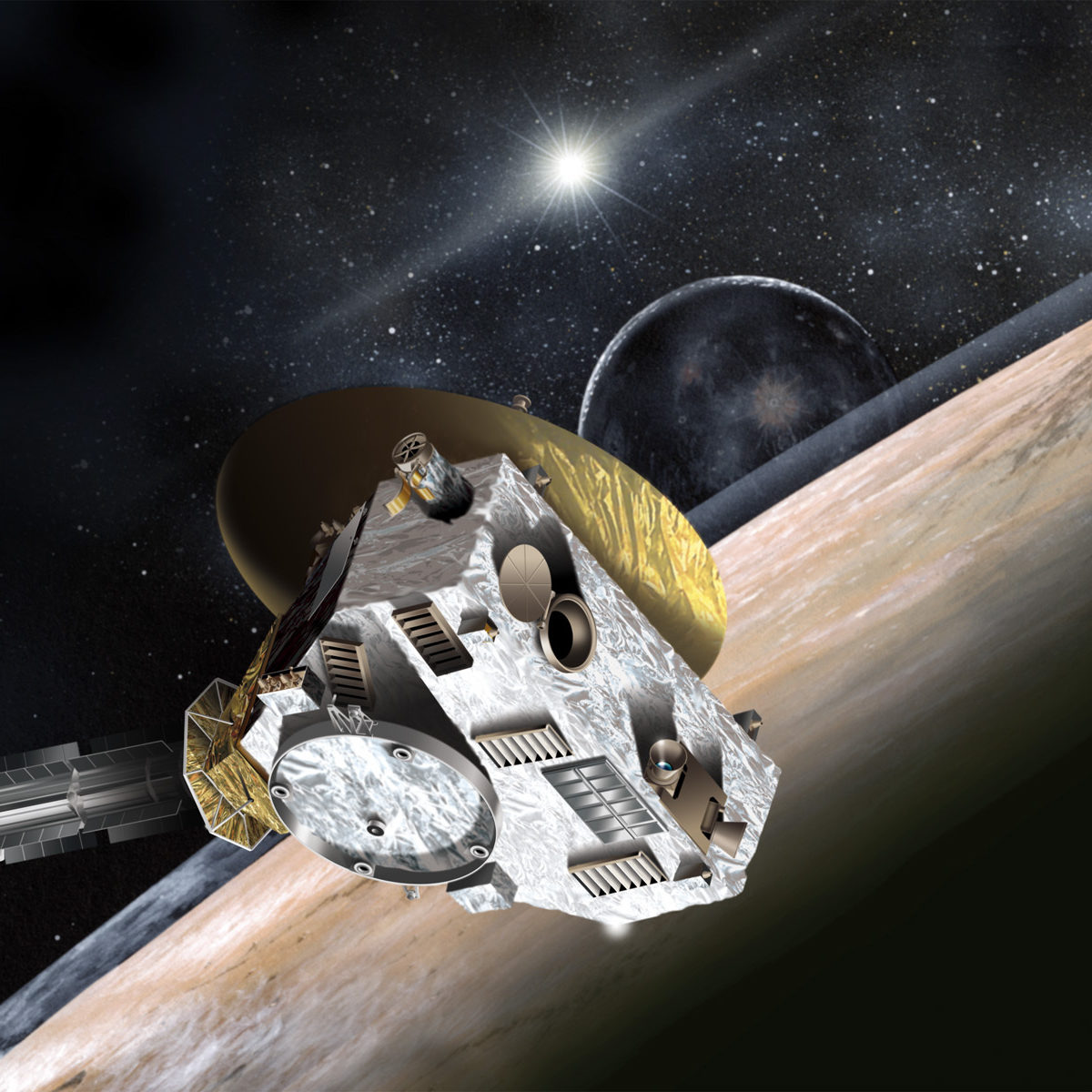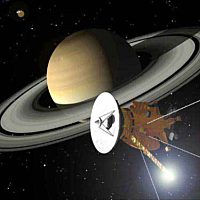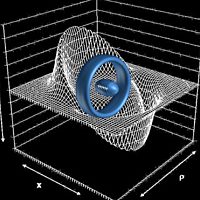Since 2002, Planetary Radio has visited with a scientist, engineer, project manager, advocate, or writer who provides a unique perspective on the quest for knowledge about our Solar System and beyond. The full show archive is available for free.
Search Planetary Radio
Senior Editor Emily Lakdawalla has returned from the Lunar and Planetary Science Conference in Texas with the latest revelations about our solar system. She shares them in an extended report.
6,000 job-seekers came to the new Long Beach, California home of Virgin Galactic’s LauncherOne rocket on a recent morning. We sit down with CEO George Whitesides for a conversation about this new effort and the return of SpaceShipTwo.
Planetary scientist and author Jim Bell has just written “The Interstellar Age—Inside the Forty-Year Voyager Mission.” He talks with Mat Kaplan about the magnificent grand tour of the outer solar system that is now headed toward the stars.
ARM is the Asteroid Redirect Mission, and sometimes it seems that it doesn’t have a friend in the world. But it does, and Jonathan Goff of Altius Space Machines is one.
The Beagle 2 Mars lander disappeared after it separated from the Mars Express orbiter on Christmas Day, 2003. Eleven years later, it has been found, partially-deployed on the Martian surface. Longtime Beagle 2 mission leader Mark Sims tells the story.
We’ll visit the Jet Propulsion Lab on its Icy Worlds Day to learn more about spacecraft exploring Ceres, Enceladus and Europa from leaders of these missions.
Robina Shaheen and Mark Thiemens tell us how an ancient Mars meteorite has revealed much about the red planet. Mat holds a tiny fragment of the rock in their UC San Diego lab.
The Planetary Society has just announced that LightSail will be launched into orbit on its first test flight in May. We’ll talk with Project Manager Doug Stetson and embedded LightSail reporter Jason Davis about what to expect.
The Planetary Society’s experts look forward to a great year of firsts in the solar system and beyond.
Our annual review of the greatest events and accomplishments over the last year features analysis and commentary by Bill Nye the Science Guy, Emily Lakdawalla, Jason Davis, Casey Dreier and Bruce Betts, along with a special new year’s gift of Neil deGrasse Tyson.
Not just the air. Where is the water that was plentiful on the red planet billions of years ago? MAVEN may help answer these questions. Principal Investigator Bruce Jakosky reports on the early, exciting science data.
NASA’s Orion spacecraft has taken its first step toward Mars and an asteroid mission. The Planetary Society’s Jason Davis was at the Kennedy Space Center for the December 5 mission.
Not just landed. Orbited, too. European Space Agency Senior Science Advisor Mark McCaughrean helps us celebrate the Rosetta orbiter and the Philae lander.
Cassini is safe! Project scientist Linda Spilker returns with a regular update on Saturn, its moons and rings not long after learning that the mission is funded through its 2017 plunge into the planet.
If there’s life on Mars, it’s probably deep beneath the surface. That’s just one reason we need a tool like Planetary Deep Drill on the red planet and other mysterious worlds around our solar system. Honeybee Robotics’ Kris Zacny introduces us to the innovative prototype.
It was a terrible, tragic week for commercial space development. Historian and space policy analyst John Logsdon helps up understand the greater meaning of the SpaceShipTwo and Antares disasters on this special edition of Planetary Radio, with additional thoughts from Bill Nye.
Ilse Cleeves is lead author of a paper that concludes up to half of our solar system’s water is older than the solar system itself. The implications for life across the galaxy are profound.
It’s terribly hard to find exoplanets that look like our homeworld. The search requires development of astoundingly powerful and precise instruments. That’s the job Debra Fischer and her team have taken on.
Planetary Scientist Jim Bell of Arizona State University joined other experts in front of the US House of Representatives Space Committee on September 10th. Get his report this week.
Inspired by Star Trek, distinguished physicist Miguel Alcubierre developed the general relativity-based model for warp drive 20 years ago. Hear why he doubts it will ever be a reality, and learn about his current research on gravitational waves.


 Explore Worlds
Explore Worlds Find Life
Find Life Defend Earth
Defend Earth





